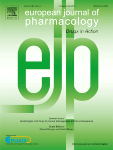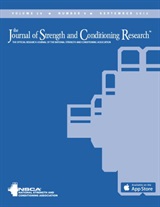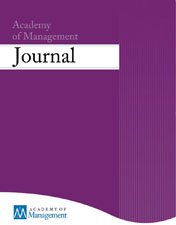 The author of a paper that looked at how the geographical spread of research and development sites has impacted innovation has posted a four-page list of corrections that fixed “empirical anomalies” in the paper.
The author of a paper that looked at how the geographical spread of research and development sites has impacted innovation has posted a four-page list of corrections that fixed “empirical anomalies” in the paper.
A group of PhD students raised concerns about the paper’s findings, according to the editor-in-chief of The Academy of Management Journal, Gerard George. The journal formed a committee that worked with the author to reproduce the results. That ended with a correction to two of the paper’s three hypotheses, and corresponding parts of the text.
The four-page notice — (the details of which are paywalled, unfortunately) — includes notes from the journal’s editor and the author:
Continue reading Mega-correction for “empirical anomalies” in management paper


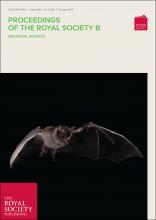 A 13th retraction has been published for
A 13th retraction has been published for 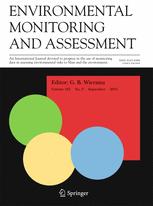 An environmental journal is retracting an article about the risks of pesticides to groundwater after determining it contained data that “the authors did not have permission (implicit or explicit) to publish.”
An environmental journal is retracting an article about the risks of pesticides to groundwater after determining it contained data that “the authors did not have permission (implicit or explicit) to publish.”
